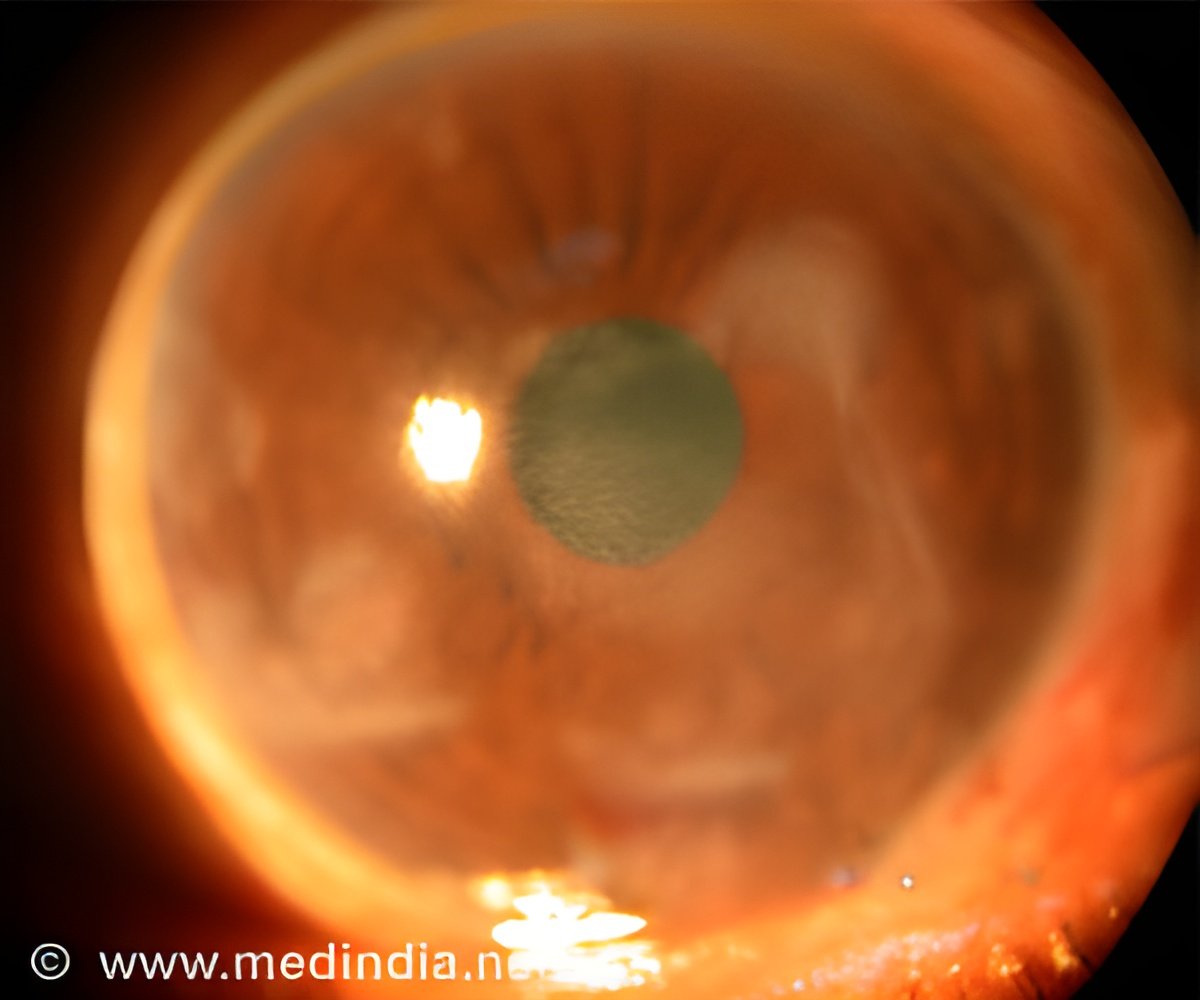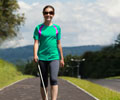AMD is a progressive ocular neurodegenerative disease affecting approximately 150 million people globally, resulting in the loss of sharp, central vision.

TOP INSIGHT
Age-related macular degeneration is a progressive ocular neurodegenerative disease affecting approximately 150 million people globally.
They found the number of loci (discrete genetic regions) involved in the development of AMD has expanded from 21 to 34, with a total of 52 variants discovered. These findings appear in the journal Nature Genetics.
"This new discovery is critical to furthering advances in AMD research and development of new therapeutics as the variants associated with AMD risk and the genes that contain them are potential targets for novel drug targets," explained Lindsay A. Farrer, PhD, chief of the Biomedical Genetics division at Boston University School of Medicine and a co-leader of the study. "It is likely that the large number of genes implicated in our study collectively have roles in multiple pathways. Using the concept of personalized medicine, the goal would be to develop a drug to target a particular pathway for individuals having a discrete genetic profile," he added.
Source-Eurekalert
 MEDINDIA
MEDINDIA




 Email
Email






